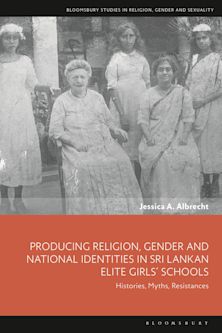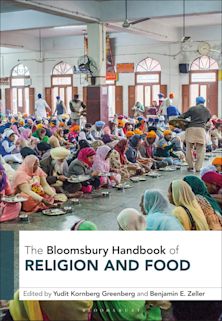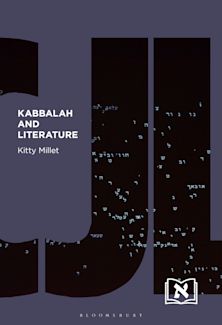- Home
- ACADEMIC
- Religious Studies
- Comparative Religions
- The Metaphysics of Paradox
The Metaphysics of Paradox
Jainism, Absolute Relativity, and Religious Pluralism
The Metaphysics of Paradox
Jainism, Absolute Relativity, and Religious Pluralism
This product is usually dispatched within 1 week
- Delivery and returns info
-
Free US delivery on orders $35 or over
You must sign in to add this item to your wishlist. Please sign in or create an account
Description
This book is an exploration into the paradoxical structure of pluralistic thinking as illuminated by both Western and Eastern insights—especially Jainism. By calling into question the most fundamental assumptions of religious pluralists, the author hopes to contribute to a paradigm shift in discourse on religious pluralism and conflicting truth claims.
Table of Contents
Part I: The Pluralism Debates in Western Philosophy of Religion
1. The Pluralism Dilemma
2. Western Approaches to the Pluralism Dilemma
3. The Claremont Legacy & A Plurality of Pluralisms
Part II: Foundations for Religious Pluralism: A Jain Perspective
4. The Jain Doctrine of Relativity
5. Truth and Falsity in Jainism
6. Jain Responses to the Pluralism Dilemma
Part III: New Considerations: The Structure of Pluralistic Thinking
7. The One and the Many: Universals, Unity, Paradox, and Truth
8 Absolute Relativity: The Paradoxical Logic of Pluralism
Conclusion
Product details
| Published | Sep 15 2018 |
|---|---|
| Format | Hardback |
| Edition | 1st |
| Extent | 238 |
| ISBN | 9781498563925 |
| Imprint | Lexington Books |
| Illustrations | 3 BW Illustrations |
| Dimensions | 9 x 6 inches |
| Series | Explorations in Indic Traditions: Theological, Ethical, and Philosophical |
| Publisher | Bloomsbury Publishing |
About the contributors
Reviews
-
This book makes two excellent contributions. First, it is a thorough account of the Western discussion of religious pluralism, an important topic that has become quite central to both philosophy of religion and theology. Second, it introduces the thinking of an important Indian tradition, Jainism, to a largely uninformed West. This is not just of general interest, for it turns out that the Jain discussion of this topic for centuries is at least as sophisticated as the current Western tradition. I am glad to say that, in addition to offering a great deal of information about what others think, Schwartz evaluates and becomes thereby a serious participant in the scholarly conversation.
John B. Cobb, Claremont School of Theology
-
This is a most valuable and needed book. Wm. Andrew Schwartz tackles one of the most important problems of our time, that of difference in general and religious pluralism in particular, by highlighting the Jain perspective on the ongoing debates around these questions. Not only is this a significant contribution in making better known a relatively neglected voice in contemporary discussions about these themes, but he is also able to show convincingly how the Jain thinking in fact advances these discussions. This is comparative philosophy at its best and all interested parties stand in debt to the author.
Joseph Prabhu, California State University, Los Angeles
-
Schwartz advances the conversation about religious pluralism by summarizing primary Christian-centric theorists including Cobb, Hick, and Panikkar, and introducing the Asian perspective on pluralism espoused by the Jains. Rather than relying on normative or pragmatic models, the Jains suggest that grappling with contradiction lies at the heart of philosophical practice. Schwartz argues that the Jains teach absolute relativity, not a relativism. This important and useful paradox suggests that the Jain dialectic of conditional predication mandates a view on life that is simultaneously relational and ethical. Schwartz's book will be excellent for use in upper division and graduate seminars in the philosophy of religion and comparative theology.
Christopher Key Chapple, Loyola Marymount University



































